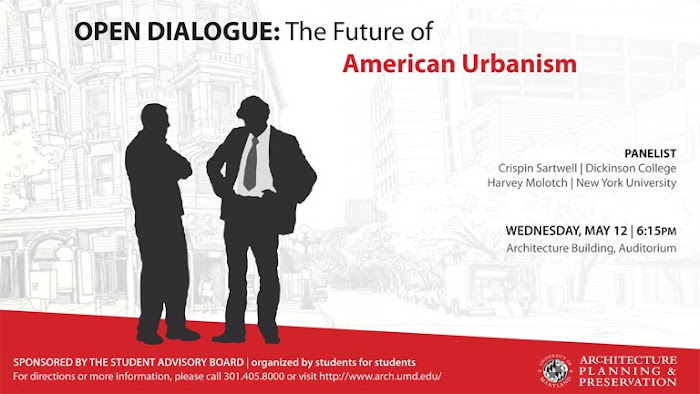
Crispin Sartwell is Associate Professor of Art History, Philosophy, and Political Science at Dickinson College inCarlisle, PA. He's the author of a number of books, including Six Names of Beauty (Routledge, 2004), Act Like You Know: African-American Autobiography and White Identity (University of Chicago Press, 1998), and Political Aesthetics (due in July from Cornell). He is formerly a weekly syndicated columnist whose work appeared in the Los Angeles Times and Philadelphia Inquirer and has contributed essays to NPR, Harper's Magazine, theWashington Post and others. He is currently teaching a course on hip hop music. He lives in rural Pennsylvania, where he gardens, takes care of children, and pretends to be Henry David Thoreau.
 Harvey Molotch is Professor of Sociology and Metropolitan Studies at New York University where he conducts research on issues of city growth and urban security as well as on product design and development. He has also researched issues in news media, the sociology of art, neighborhood racial integration, and the sociology of the environment. His books include Urban Fortunes (with John Logan) and Where Stuff Comes From: How Toasters, Toilets, Cars, Computers, and Many Other Things Come to Be As They Are. His awards include Distinguished Contribution to the Discipline of Sociology, Award for Lifetime Achievement in Urban and Community Studies, Award for Career Achievement in the Sociology of Environment and Technology (Buttel Award) and Outstanding Scholarly Publication in Urban and Community Studies (Robert Park Award).Before coming to NYU, he was Visiting Centennial Professor at the London School of Economics, Chair of Sociology and Professor at the University of California, Santa Barbara as well as visiting professor at Northwestern University, University of Essex, Lund University, and SUNY Stony Brook.
Harvey Molotch is Professor of Sociology and Metropolitan Studies at New York University where he conducts research on issues of city growth and urban security as well as on product design and development. He has also researched issues in news media, the sociology of art, neighborhood racial integration, and the sociology of the environment. His books include Urban Fortunes (with John Logan) and Where Stuff Comes From: How Toasters, Toilets, Cars, Computers, and Many Other Things Come to Be As They Are. His awards include Distinguished Contribution to the Discipline of Sociology, Award for Lifetime Achievement in Urban and Community Studies, Award for Career Achievement in the Sociology of Environment and Technology (Buttel Award) and Outstanding Scholarly Publication in Urban and Community Studies (Robert Park Award).Before coming to NYU, he was Visiting Centennial Professor at the London School of Economics, Chair of Sociology and Professor at the University of California, Santa Barbara as well as visiting professor at Northwestern University, University of Essex, Lund University, and SUNY Stony Brook.
